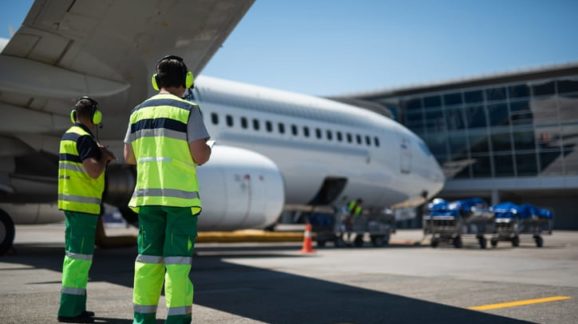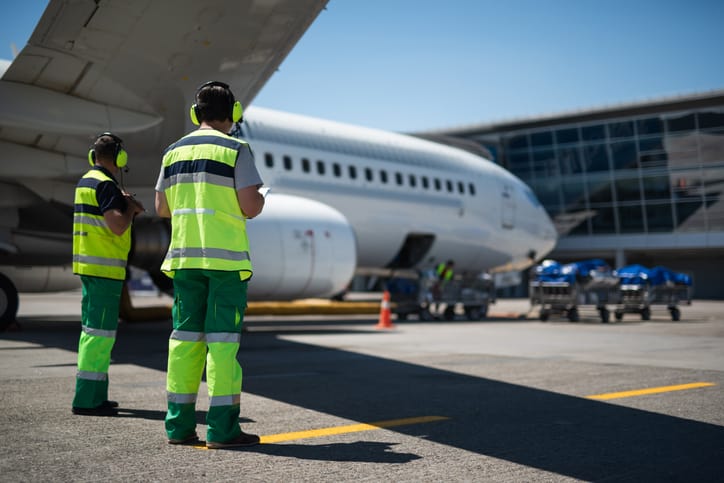Fly the (Greenhouse) Friendly Skies, If You Can Still Afford to under the House COVID-19 Bill

 Airports haven’t been this empty since the aftermath of 9/11, so it is not surprising that the airline industry and its employees would be the recipients of tens of billions of assistance in the proposed House COVID-19 stimulus legislation. But House Democrats are using the occasion to try to force through unrelated environmental measures, specifically a crackdown on greenhouse gas emissions from aviation. While it’s still too early to know the exact impact of these provisions, there is little doubt they would raise the cost of flying.
Airports haven’t been this empty since the aftermath of 9/11, so it is not surprising that the airline industry and its employees would be the recipients of tens of billions of assistance in the proposed House COVID-19 stimulus legislation. But House Democrats are using the occasion to try to force through unrelated environmental measures, specifically a crackdown on greenhouse gas emissions from aviation. While it’s still too early to know the exact impact of these provisions, there is little doubt they would raise the cost of flying.
Among other things, the bill incentivizes the use of biofuels in aviation—a sort of Renewable Fuel Standard for the skies. The development of such fuels was heavily subsidized by the Obama administration. These efforts succeeded in developing biofuels that can work in aircraft, but they never succeeded in reducing the substantial cost premium relative to conventional aviation fuel.
The proposed provisions—particularly that all airlines receiving assistance must fully offset their greenhouse gas emissions starting in 2025—are unlikely to be met by fuel changes alone and would likely necessitate changes in commercial aircraft design to make planes more energy efficient. The problem is that manufacturers already have every incentive to make planes as fuel efficient as possible, consistent with all the other factors demanded by the airlines and the flying public, including safety. By essentially forcing specific levels of improved efficiency, the bill could very well come at a net cost and possibly create safety concerns.
There’s even a cash for clunkers-style buyback program for older and presumably less efficient aircraft. The public would effectively be subsidizing the replacement of old planes for new as it did for cars a decade ago.
Regardless of the outcome of this bill, the U.S. is a part of the International Civil Aviation Organization (ICAO), which is already in the process of setting greenhouse gas standards applicable globally. The ICAO process is problematic enough, and now goal of the greenhouse gas provisions in this bill is to force the U.S. airline industry to go above and beyond it.